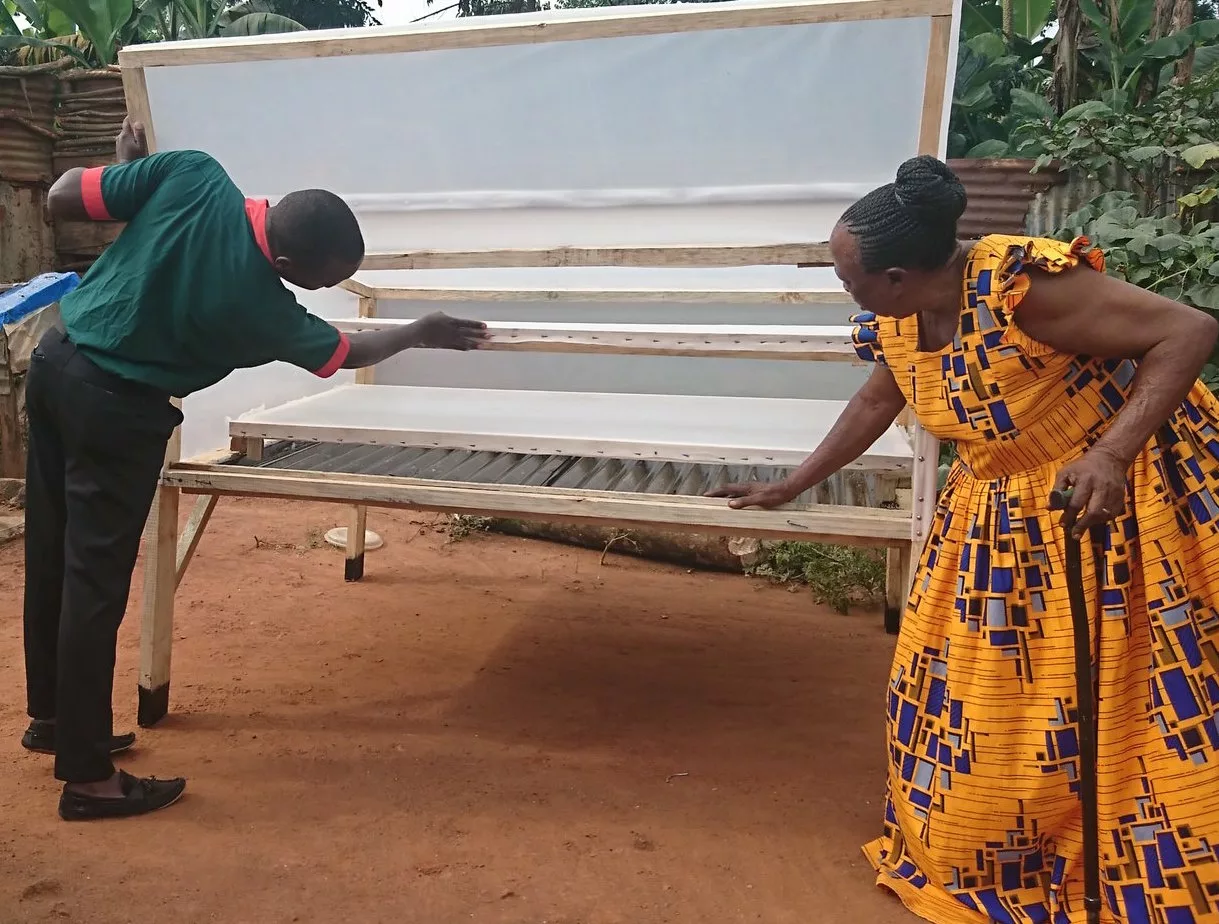|
Getting your Trinity Audio player ready...
|
Writes Zvikomborero Machinga
In rural Zimbabwe, small-scale farmers face the dual challenge of surplus produce and limited market access. However, with the right value-addition techniques, these farmers can transform their excess fruit and vegetables into profitable products. This article explores low-cost value-addition methods tailored for small-scale farmers in Mutoko, Zimbabwe, empowering them to maximize the value of their agricultural produce.
Challenges Faced by Small-Scale Farmers in Mutoko:
Mutoko, situated in rural Zimbabwe, boasts fertile lands that yield abundant harvests of fruits and vegetables such as tomatoes, onions, and mangoes. However, farmers often struggle with surplus produce due to inadequate market infrastructure and transportation challenges. As a result, a significant portion of their harvest goes to waste, impacting both their income and food security.
Low-Cost Value Addition Techniques:
Sun Drying:
Sun drying is a cost-effective method for preserving surplus fruits and vegetables. In Mutoko, farmers can utilize simple drying racks or mats to sun dry produce such as tomatoes, mangoes, and vegetables like okra and pumpkin. Sun drying not only extends the shelf life of perishable items but also concentrates flavors, enhancing their market value.
Jam and Chutney Making:
Another lucrative value-addition option for Mutoko’s small-scale farmers is the production of jams and chutneys. Excess fruits like guavas, oranges, and bananas can be transformed into delicious spreads and condiments. With basic equipment such as pots, jars, and sugar, farmers can create value-added products that appeal to urban consumers and fetch higher prices.
Pickling and Fermentation:
Pickling and fermentation are traditional preservation techniques that add value to surplus vegetables like cucumbers, carrots, and cabbage. Farmers in Mutoko can experiment with pickling recipes using locally available spices and vinegar. Fermented vegetables, such as sauerkraut and kimchi, not only have extended shelf lives but also offer probiotic health benefits, attracting health-conscious consumers.
Freezing and Packaging:
While access to refrigeration may be limited in rural areas, farmers can explore communal freezing facilities or invest in small-scale solar-powered freezers. By freezing excess fruits and vegetables, farmers can preserve their nutritional value and appeal to markets beyond the local area. Proper packaging, such as vacuum-sealed bags or containers, ensures product quality during transportation.
Empowering Rural Farmers:
By adopting these low-cost value-addition techniques, small-scale farmers in Mutoko can unlock new economic opportunities and reduce post-harvest losses. Government support through training programs, access to processing equipment, and market linkages is essential for scaling up these value addition initiatives. Additionally, collaboration with local cooperatives and agricultural extension services can facilitate knowledge-sharing and collective marketing efforts.
In Mutoko and other rural areas of Zimbabwe, small-scale farmers possess untapped potential to add value to their surplus fruit and vegetables. Through affordable and accessible value-addition techniques such as sun drying, jam making, pickling, and freezing, farmers can diversify their income streams and contribute to food security. With the right support and resources, rural communities can harness the power of value addition to transform agricultural surplus into economic opportunities.
Zvikomborero Machinga is an Agri-Foods and Export Standards consultant and can be reached at: [email protected] +263 773834 036






